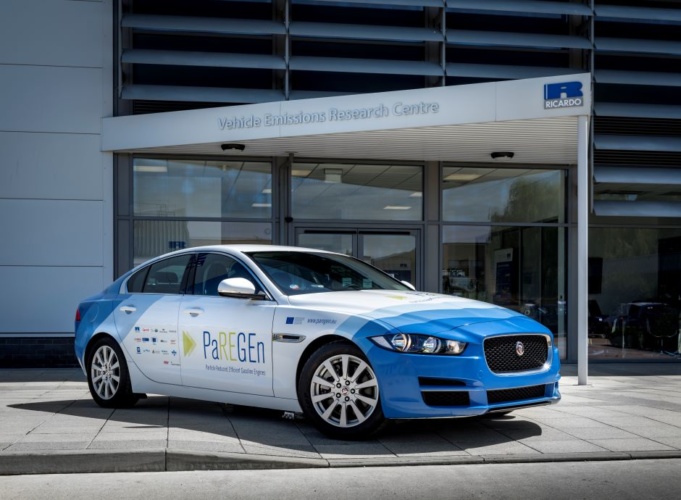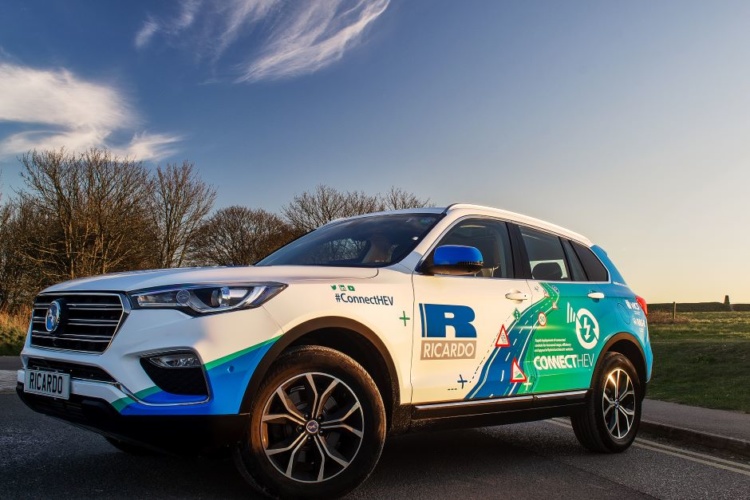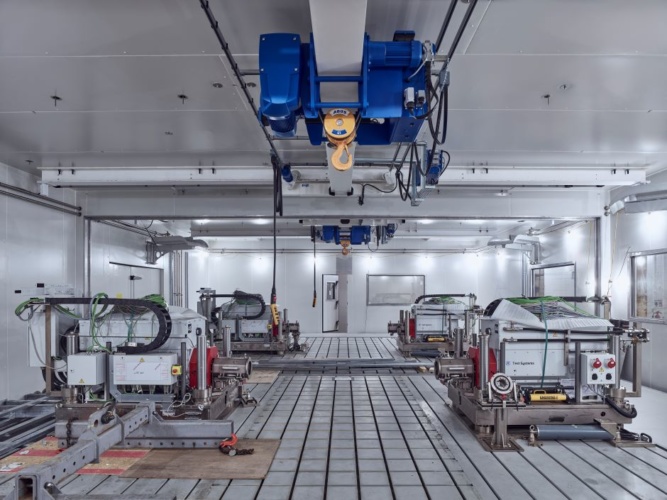Adrian Greaney, Director Technology & Digital, Ricardo
It is perhaps all too easy to underestimate the importance of mobility in our lives; the ability to efficiently move people and goods almost anywhere in the world not only fuels economic growth but shapes the way we interact with people and experience the world around us. For more than a century this has been enabled by the abundant availability and energy density of fossil fuels.
But let’s reflect for a moment on the position we now find ourselves in. Annual global energy consumption for transportation is now approaching the equivalent of three billion tonnes of oil, equating to approximately 25 per cent of global CO2 emissions[1>. The desire for private vehicle ownership combined with population growth and progressive urbanisation, has led to a situation where the average road commuter in London spends 149 hours each year stuck in congestion[2>, sitting in vehicles which require up to 14 tonnes of CO2e to produce[3>, but then sit parked for 96 per cent of the time[4>. All this has driven a constant need for more and more infrastructure to support peak transport demands.

As our understanding and awareness of climate change and air quality has increased it is clear that our current approach to mobility is not sustainable, certainly from environmental and social perspectives, but arguably from an economic standpoint too. Thankfully the building blocks of a new and holistic approach to sustainable mobility are emerging, driven by the need for urgent action on climate change, urban congestion and air quality.
CLICK HERE FOR MORE SUSTAINABLE MOBILITY CONTENT
The decarbonisation of transport requires a multi-faceted approach. Firstly, we must minimise the demand for transportation and vehicles whilst not constraining personal mobility and economic growth. Shared mobility, and optimisation of supply chains and logistics with respect to environmental impact all play a role here. Developing multi-mode transport system solutions with efficient switching between modes is also critical to enable use of the lowest CO2 solution for a particular journey. For all transport sectors, energy vectors, and technologies, improving efficiency in the use of energy and materials is essential and a key driver for innovation at Ricardo and across the transportation sector. As we move to electrification, improving efficiency can also enable more economically viable propulsion, as reducing energy use means battery size can be reduced for the same range. In turn, reducing battery size reduced mass and therefore the power required to achieve a given vehicle performance.

Achieving decarbonisation also requires consideration of the full life impacts, but as we move from a linear economy of take-make-discard to a regenerative circular economy where growth is no longer dependent on the consumption of finite resources. In this context full life cycle analysis extends beyond decarbonisation to consider all environmental impacts of mobility.
From a life cycle carbon perspective, electrified propulsion is attractive considering the rapid shift to renewable electricity sources. However, progress still needs to be made in reducing the embedded carbon in production, extending second-life applications of batteries, and efficient recyclability of the materials used.
The limited energy density of batteries means pure electrified propulsion will not meet all mobility needs. The development of a green hydrogen economy in parallel to electrification is essential to enable decarbonisation of high energy mobility sectors such as commercial vehicles, shipping and aviation, as well as domestic and industry heating. Hydrogen energy storage will also enable optimised use of variable renewable electricity sources such as solar and wind. For transportation hydrogen will be utilised in many ways, depending on the sector and application. This will include fuel cells, hydrogen internal combustion engines, and for de-fossilised fuels including e-fuels and ammonia.

Reflecting on all these aspects of sustainable mobility, we are essentially describing a complex system of systems. Sustainable solutions will be achieved by optimising the many complex interactions between all aspects of energy supply, storage, distribution and use, together with materials, infrastructure, vehicle technology and of course people. Digitalisation and smart control therefore become critical enablers for both the development and operation of these complex systems on our journey to sustainable mobility. Data analytics and AI are growing rapidly in all aspects of connected energy and transport systems and will provide improved services to consumers whilst at the same time reducing demand and energy use through, for example, autonomous and shared mobility.
As engineers we live in a time of unprecedented change as we develop the diverse range of technologies to create a world fit for the future. Achieving this with clean, efficient and integrated propulsion and energy solutions is our motivation and vision at Ricardo. Whilst we may not be able to fully reverse the impact of the fossil-fuel age within our lifetime, with sustainable mobility solutions we have the opportunity to correct the course of environmental change and improve the quality of life for the next generation.
To find out how Ricardo expertise in sustainable mobility can be applied to your products, visit: https://automotive.ricardo.com/ or contact us: info@ricardo.com
[1> Source: iea.org
[2> Source: INRIX 2019 Global Traffic Scorecard
[3> Source: Ricardo study for European Commission on ‘Determining the environmental impacts of conventional and alternatively fuelled vehicles through LCA’
[4] Source: racfoundation.org




Project to investigate hybrid approach to titanium manufacturing
What is this a hybrid of? Superplastic forming tends to be performed slowly as otherwise the behaviour is the hot creep that typifies hot...